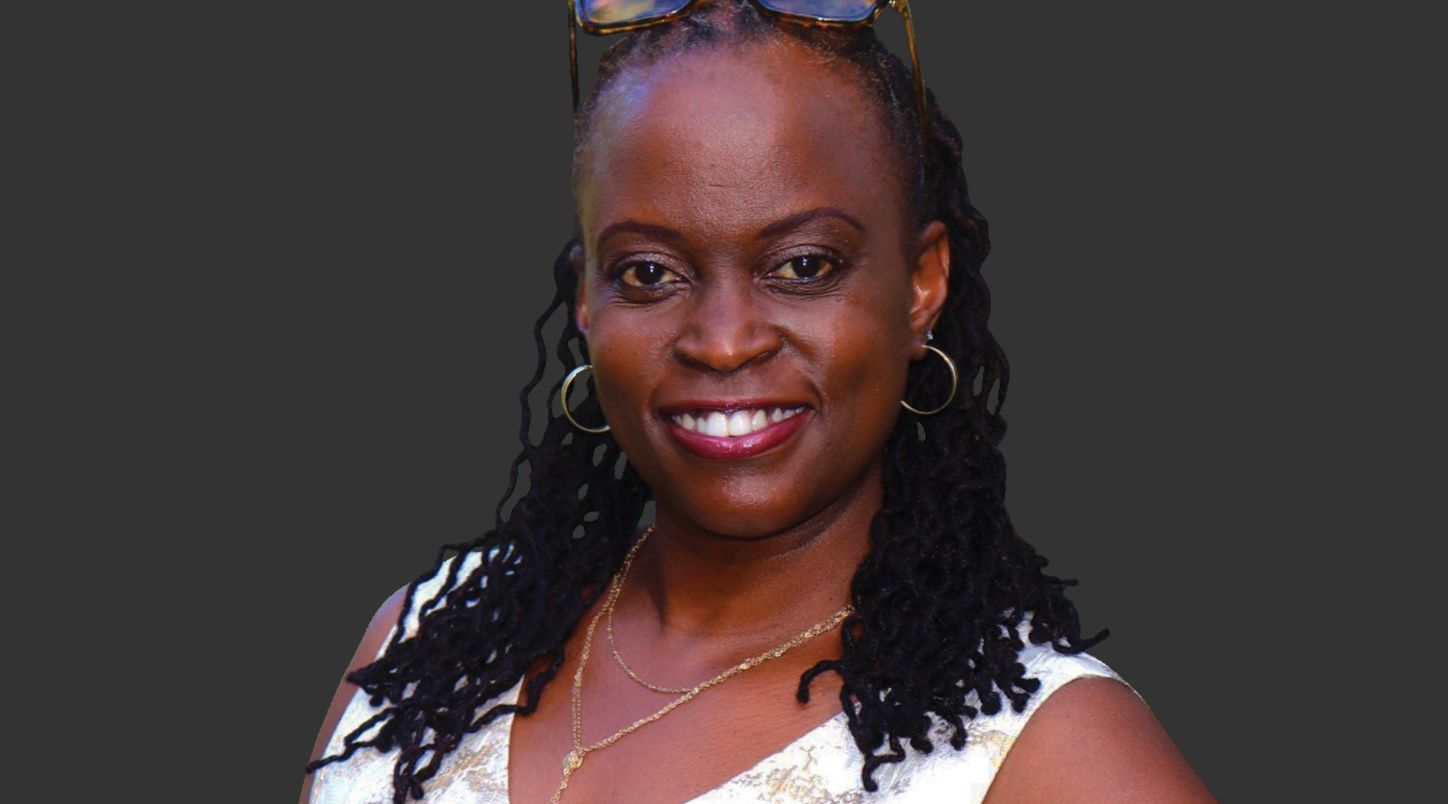-

Hear from Monica Toft, Academic Dean
Learn how Monica Toft, Academic Dean, is shaping the study of global affairs and diplomacy at Fletcher.
Hear from Prof. Toft -

Explore Fletcher academics in action
Fletcher Features offers insights, innovation, stories and expertise by scholars.
Get global insights -
Get application tips right from the source
Learn tips, tricks, and behind-the-scenes insights on applying to Fletcher from our admissions counselors.
Hear from Admissions -

Research that the world is talking about
Stay up to date on the latest research, innovation, and thought leadership from our newsroom.
Stay informed -
Meet Fletcherites and their stories
Get to know our vibrant community through news stories highlighting faculty, students, and alumni.
Meet Fletcherites -

Forge your future after Fletcher
Watch to see how Fletcher prepares global thinkers for success across industries.
See the impact -

Global insights and expertise, on demand.
Need a global affairs expert for a timely and insightful take? Fletcher faculty are available for media inquiries.
Get in Touch
Environmental Law: A Fork in the Road

Anne Angwenyi
As a newly minted attorney working in Nairobi, Kenya, Anne Angwenyi F02 couldn’t help but question whether there was more to life than running litigation cases.
The short answer was yes. She decided to pursue her passion for environmental justice, and knowing she’d need additional training in policy to take the next steps, Angwenyi applied to The Fletcher School at the urging of a law school professor, Francis Situma F92 FG95, himself an alumnus.
Now a renowned environment and climate advisor leading the British High Commission’s work on climate change and environmental resource management, Nairobi-based Angwenyi says her decision to attend Fletcher opened her eyes to how, where, and why she could make an impact on the environmental stage.
Secrets of the Nile Basin
At Fletcher, Angwenyi began to truly understand the complexity and implications of climate change and how her foundation in environmental law could potentially drive change. She distinctly recalled writing a paper about conflict in the Nile Basin; during the course of her research, she began to realize the impact of climate change on the waters of the River Nile over time. It dawned on her that even with appropriate resource management in place, the Nile was in trouble. Much more had to be done to address this particular issue as well as the broader problems of climate change, she thought.
Around the same time, Angwenyi became more interested in climate science, and she grew curious about how proceedings at the UN Conference of the Parties (COP) informed climate action. “How do you translate the language of diplomats negotiating international treaties, for example, on a domestic level so people understand the impact?” It became clear to her that bridging policy and communication was vital to contributing answers.
This certainly was the case at COP26 in Glasgow, where she and the team at the High Commission took the lead in communicating the COP president’s vision to Kenyan government stakeholders and non-governmental organizations. She felt prepared for the task, she said, because of the policy courses on trade, natural resources, environmental economics, and development taken at Fletcher. In fact, Angwenyi still uses Fletcher’s research and analysis practices on a regular basis and finds them especially important when arguing for policy change and action.
A Greener Livelihoods Strategy
Earlier in her career, she worked with the Green Growth and Employment Program at the Danish Embassy. There, she uncovered an opportunity to improve environmental and economic conditions in Kenyan pastoralist communities: herders could optimally graze their livestock in the rangelands while being mindful of land degradation and water loss. Over a period of 10 years, she led projects focused on transforming livelihoods by improving degraded rangelands in community owned conservancies. She implemented interventions that sought alternative livelihood practices for local communities while maintaining traditional pastoral activities. These projects established ecotourism sites in the conservancies, convinced herders to limit the number of cattle, and encouraged them to practice rotational, instead of continuous grazing. The results included transformed livelihoods from sustainable eco-enterprises, net returns of healthier stocks fetching higher selling prices, plus a big win for the environment with over 4,000 hectares of degraded grass lands now rehabilitated and productive.
Reflecting on her career and accomplishments, she is energized about both her choices and non-linear path. “I could have been an attorney walking in court corridors, but I chose a totally different area, which I am passionate about and is extremely rewarding,” she said.
In her work, she thinks often of a quote from Nelson Henderson: “The true meaning of life is to plant trees under whose shade you do not expect to sit.”
“I look at kids today and know that I’m doing something for the future,” said Angwenyi, “their future–something that will outlast me and my name.”

